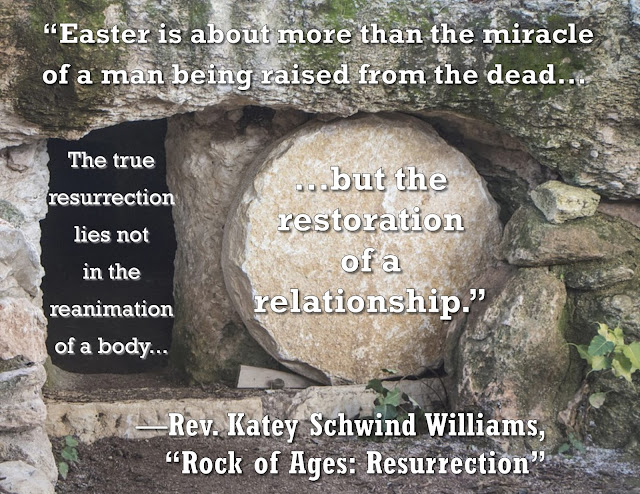(The Conclusion of our Advent series on how we reflect God's Image)
During Advent this year, Boone Church has been exploring the ways that we reflect imago dei, the Image of God. The first week, we learned that our spirits reflect God by allowing us to know the unknowable. We heard John’s voice cry out in the wilderness for repentance, reminding us that our spirits can only reflect God when we’re willing to atone for those things that separate us from God. The second week, we discovered that our minds best reflect God when we set them free to wander, explore, and create. We sat with Joseph as he debated the path his life would take, realizing that a choice to do the right thing is also form of divine reflection. The third week, we found that our bodies reflect God not in their individual appearance or particular set of abilities, but in their capacity to care for others. We said “yes” with Mary to offering ourselves to God, knowing that every one of our bodies is loved and valued for themselves. And this past Sunday, we realized that the ultimate reflection of God is in the community that God gives us. We joined the shepherds in singing praises, remembering that only when every one of us is welcomed as part of a whole can we truly reflect God.




























